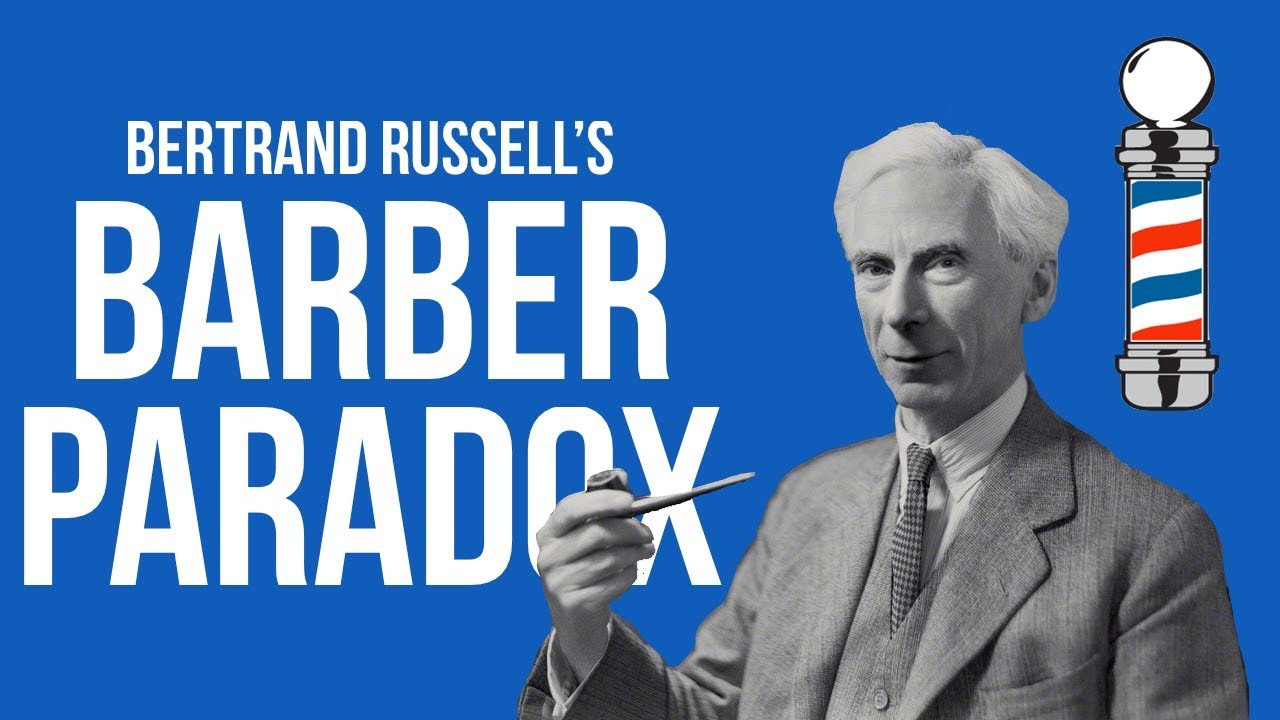

The Barber Paradox:
The Barber Paradox is a famous paradoxical scenario that raises questions about self-referential statements and the possibility of a universal set. It was first introduced by the British philosopher and logician, Bertrand Russell, in 1901. The paradox challenges the concept of a barber who shaves all and only those people who do not shave themselves.
The paradox goes as follows: In a small town, there is a barber who shaves all those who do not shave themselves. The question then arises, does the barber shave himself?
If the barber shaves himself, then he falls into the category of people who do shave themselves, and according to the barber's rule, he should not shave himself. On the other hand, if the barber does not shave himself, then he falls into the category of people who do not shave themselves, and according to the barber's rule, he should shave himself. This creates a contradiction, as the barber cannot both shave himself and not shave himself at the same time.
This paradox challenges the assumption that a set can contain all and only those elements that satisfy a certain condition. In this case, the set of people who do not shave themselves cannot exist because it leads to a contradiction when considering the barber.
One way to resolve the paradox is to reject the assumption of a universal set that encompasses all elements. Instead, we can view sets as defined by a condition or rule, but not necessarily including all elements that satisfy that condition. In this interpretation, the set of people who do not shave themselves does not include the barber, and therefore, the contradiction is avoided.
Another approach to resolving the paradox is by considering the barber as a member of a larger set, such as the set of all barbers in the town. In this case, the barber can be seen as an exception to the rule that he shaves all those who do not shave themselves. This interpretation avoids the contradiction by acknowledging that the barber is not subject to his own rule.
The Barber Paradox has been extensively discussed and analyzed in the field of philosophy and logic. It serves as an example of the challenges that can arise when dealing with self-reference and the assumptions we make about sets and their properties. The paradox highlights the complexity of defining and categorizing objects and the limitations of certain logical systems.
References:
1. Russell, B. (1901). Principles of Mathematics. Cambridge University Press.
2. Salmon, W. (1984). Logic. Prentice-Hall.
Related Posts
© 2026 Invastor. All Rights Reserved

User Comments